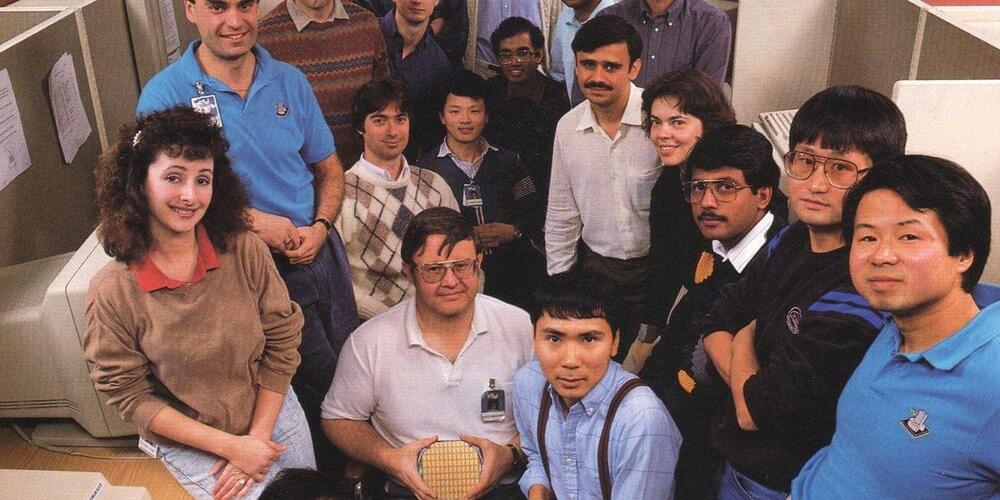Over the past couple of months, Starlink has branched out, offering its service in more ways than ever before. As more and more people sign up for its service, the network naturally gets a bit more strained and congested. Now it looks like Starlink is implementing a way to combat network congestion by creating a data cap.
According to The Verge, Starlink service will now have a data cap starting in December. Next month, residential customers will start off with a 1TB bucket of data that will be designated as “Priority Access.” Priority Access data will be used anytime the internet is accessed during the hours of 7 am to 11 pm. Once the data is depleted, users will encounter slower data speeds during peak hours. The bucket will be replenished at the top of every month, and customers will have the option to buy Priority Access data, but it will cost 25 cents per GB.
For the most part, this shouldn’t really affect many customers, as Starlink states that less than 10 percent of its users actually manage to hit this cap every month. In addition to a new data cap, the company will also be expanding its service to more parts of Alaska and also Canada, primarily focusing on the Northern areas. For areas in the region that aren’t yet covered, Starlink does have plans to expand to more areas in the first part of 2023.







